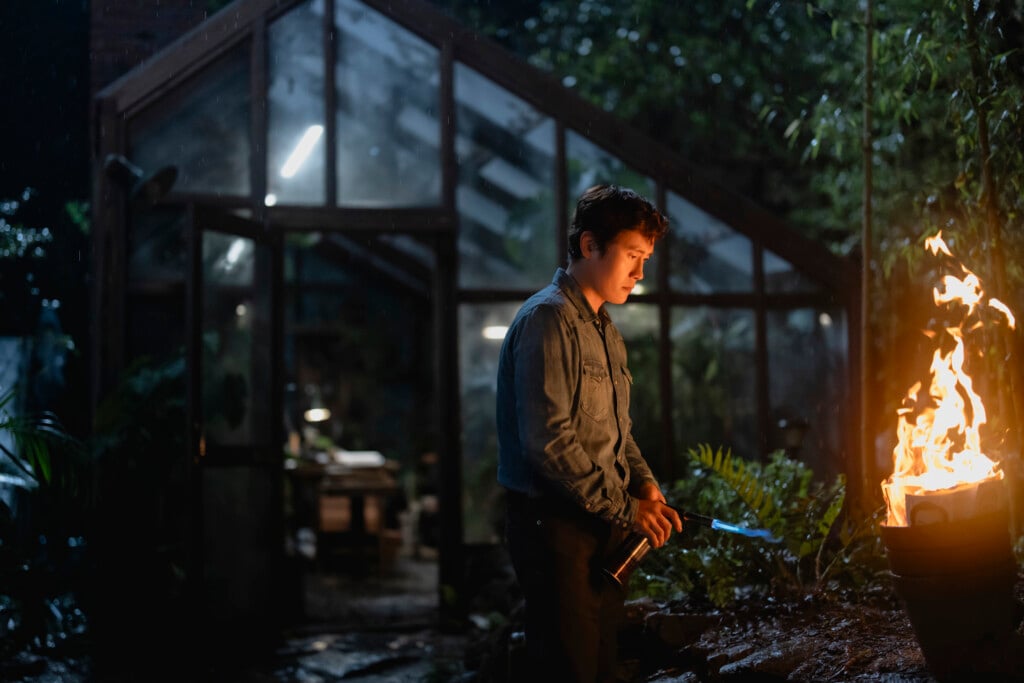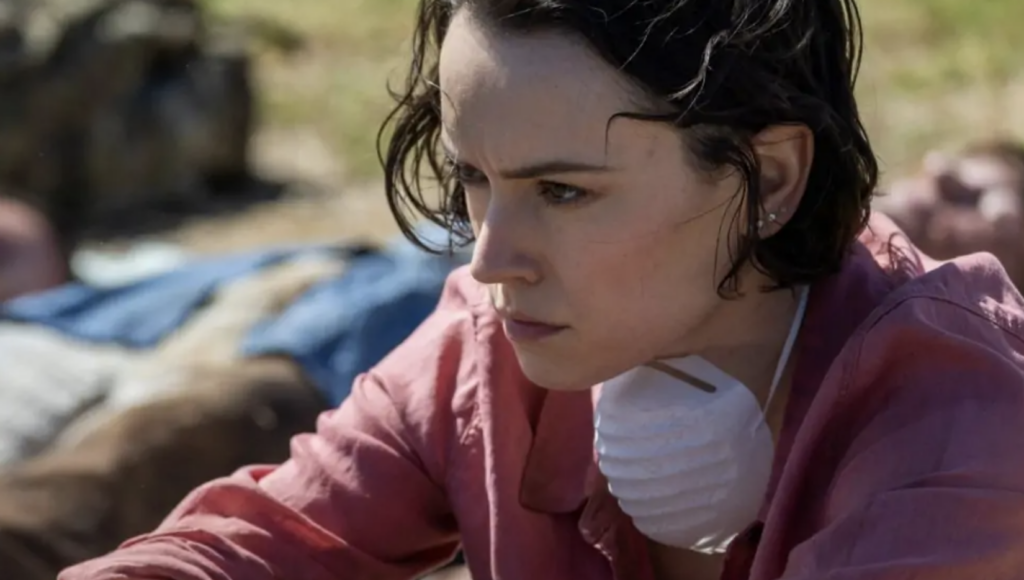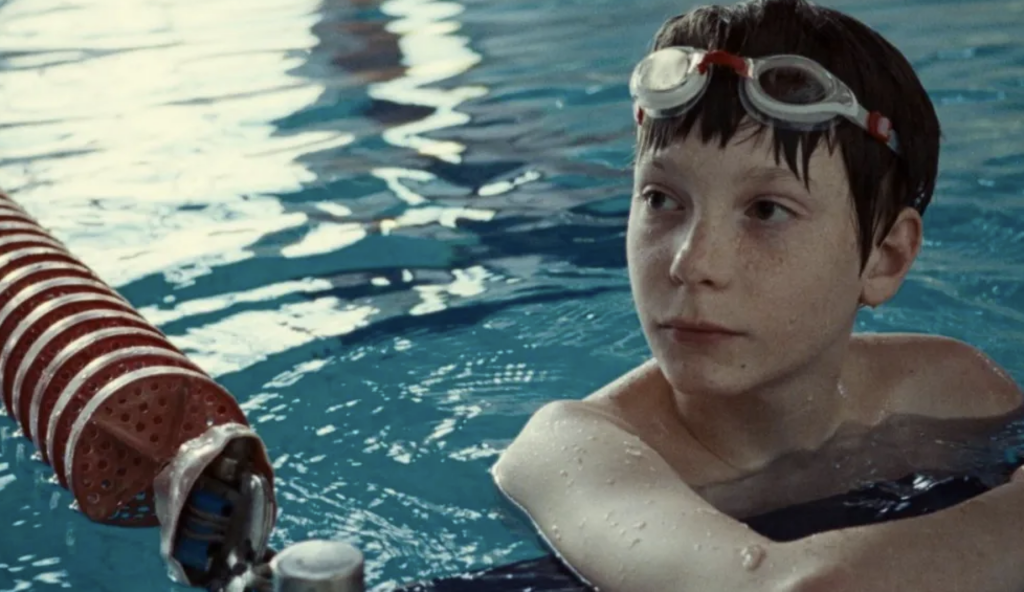Denis Villeneuve’s Dune: Part Two delivers a visually spectacular, thematically brutal sci-fi epic
When people in the future imagine what defines “epic storytelling” and what cinema can be, Dune: Part Two will be what many will envision. Thanks in part to the groundwork done in the original, writer-director Denis Villeneuve and co-writer John Spaihts expand upon Frank Herbert’s rich source novel. Saying that may cause raised eyebrows among die-hard fans, but trust me when I say the takes here enhance the story rather than detract.
In the months following the assassination of Duke Leto Atredies (Oscar Issac) in the first film, the desert planet Arrakis has been torn asunder. Usurper Baron Harkonnen (Stellan Skarsgård) has left his nephew Rabban (David Bautista) to rule the planet and harvest the psychotropic spice melange, to the pleasure of the galactic emperor (Christopher Walken). Across the planet, the last remnants of House Atredies still prevail, as Paul (Timothée Chalamet) learns the ways of the native Fremen from Stilgar (Javier Bardem) and Chani (Zendaya). Meanwhile, his mother, lady Jessica (Rebecca Ferguson) sets forth to bring a prophecy concerning her son to life.
That’s a lot of plot, but it barely scratches the sandy surface of Dune: Part Two. There’s a good reason Villeneuve chose to break up Herbert’s book into multiple features, even if it meant the first film mostly felt like table-setting. The dense, lore-heavy story needs that room to breathe. Case in point: the cast was already stacked from part one, but here Villenueve casually tosses in Florence Pugh as the emperor’s daughter Princess Irulan and Oscar winner Austin Butler as Harkonnen’s psychotic nephew Feyd-Rautha (the guy Sting memorably played in the Lynch version, here sporting more clothes and less hair).
Thankfully, both the returning vets and new additions understand the assignment, though it’s the three-headed juggernaut of Chalamet, Ferguson, and Zendaya that still stands out the most. Each turn in performances that are never showy but calculated and moving, with Zendaya acting as the heart. Whenever Paul and Lady Jessica share the screen, the film threatens to disintegrate under their collective dramatic heft.
Those performances are just one of the elements—including Greig Fraser’s sparse cinematography, Jacqueline West’s astounding costumes and Hans Zimmer’s grad score—that meld together and forge the rare sequel that not only bests its predecessor, but raises the bar for the industry as a whole. Dune: Part Two’s closest comparison is The Empire Strikes Back, in that it’s at once a refinement, improvement, and direct continuation. Villeneuve and company further the series’ story and myth-building, but also its overwhelming sense of awe.
In case you haven’t picked up on it yet, Dune: Part Two is a powerhouse spectacle. A clear passion project for Villeneuve, the film is a magnetic, thoughtful, majestic exploration of what film can do, on the largest stage imaginable. It feels like a godsend after a seemingly endless train of soulless retreads, reboots, and superhero fatigue. Dune: Part Two is a movie full of big ideas—survival at the cost of commerce, blind faith versus free will, the corrupting nature of power—that wants to explore those ideas, not just spout rhetoric.
Is it too soon to label Dune: Part Two one of the best movies of all time? It’s hard seeing anything else unseat it for best movie of 2024. Beyond escapism and entertainment value, it reminds us that movies have the power to inspire and move us. It reminds you why we make movies like this to begin with.






